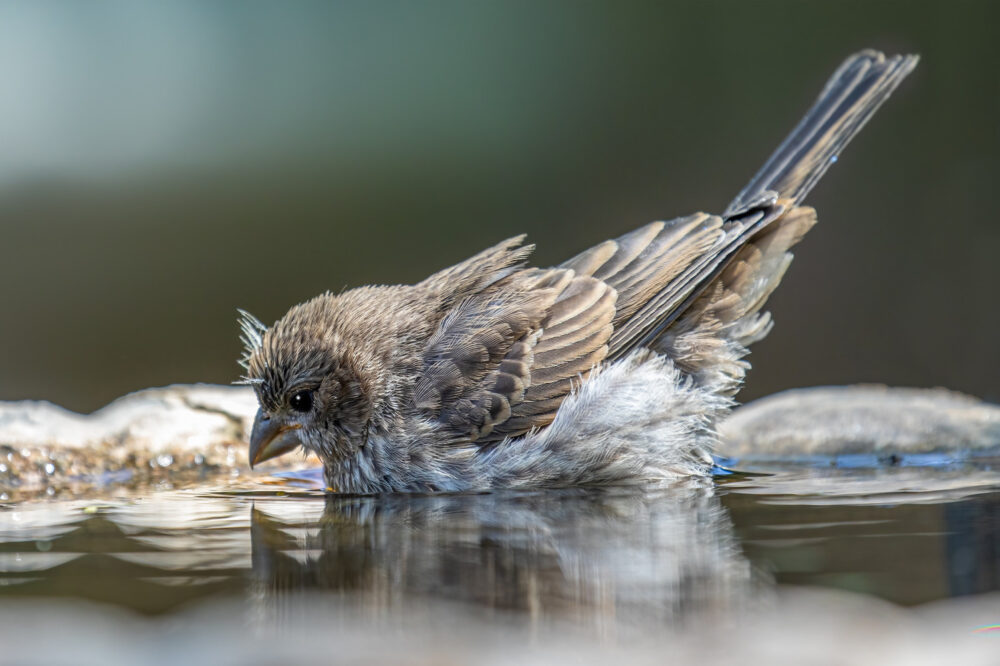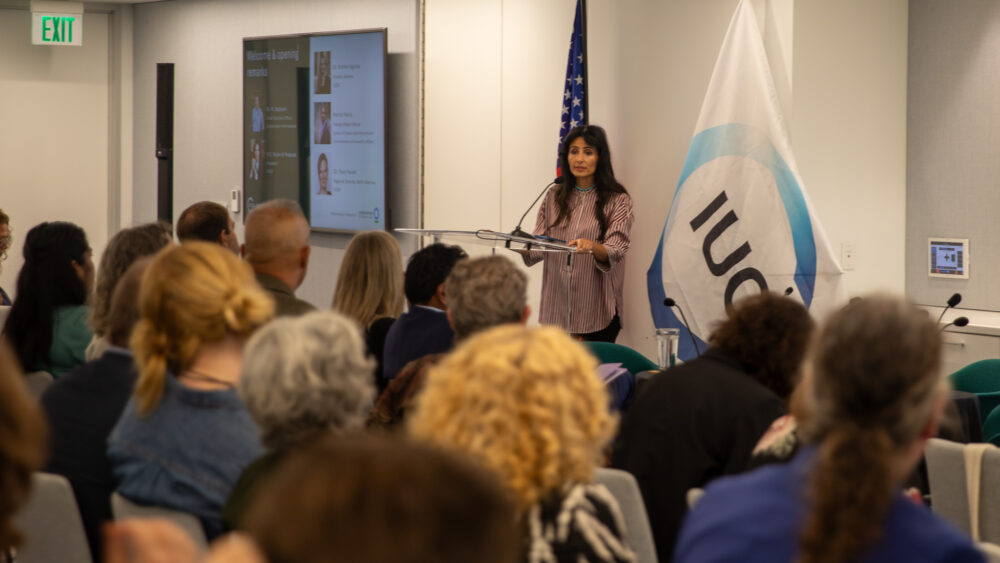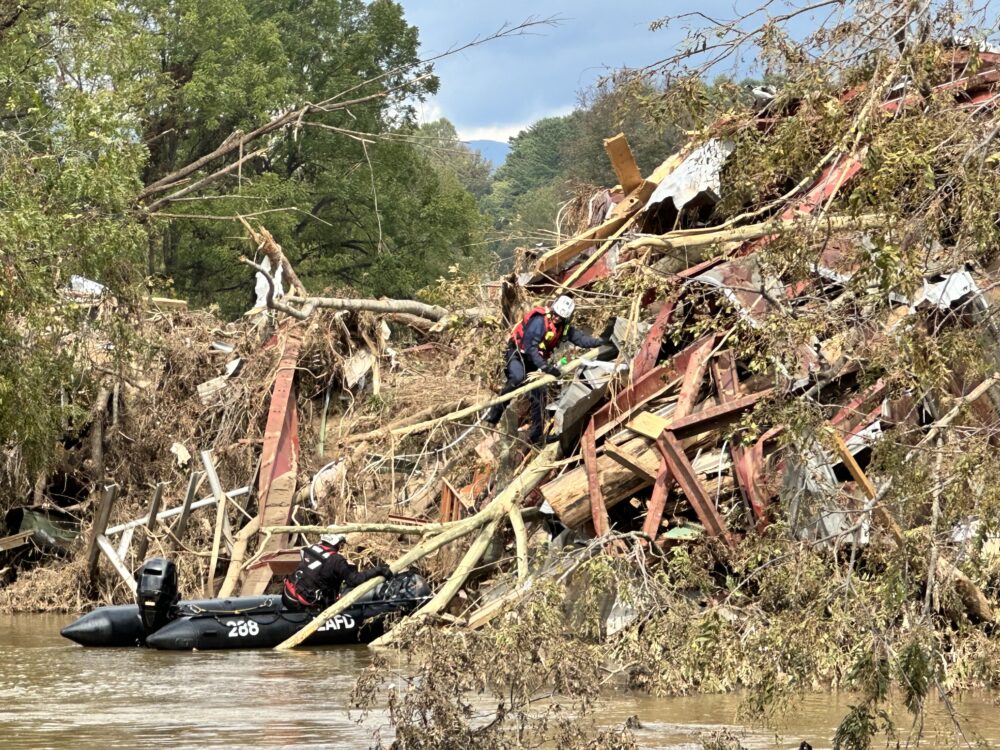We have much more to do and your continued support is needed now more than ever.
Big Mining Exploits Clean Water Act Loopholes
 This guest post is written by Tony Turrini, NWF’s Senior Counsel in the Alaska office of our Pacific Regional Center. Tony has been with the National Wildlife Federation for over 19 years.
This guest post is written by Tony Turrini, NWF’s Senior Counsel in the Alaska office of our Pacific Regional Center. Tony has been with the National Wildlife Federation for over 19 years.
As an environmental attorney working in NWF’s Alaska field office for almost 20 years, I’ve fought a number of bad mining projects, but the Pebble Mine in Alaska’s Bristol Bay is a real nightmare.
The Pebble Limited Partnership (PLP) is proposing to build North America’s largest open pit copper and gold mine in the pristine headwaters of Bristol Bay—the source of the greatest runs of wild sockeye salmon left on earth.

PLP plans to use cyanide to remove the minerals and then store billions of tons of contaminated tailings in massive earthen reservoirs hundreds of feet deep. These reservoirs will destroy vast areas of wetlands, streams, and lakes — the backbone of Bristol Bay’s incredible fishery.
The Clean Water Act (CWA) should prevent this destructive practice. After all, one of the primary goals of the act was to prohibit the use of the nation’s waters as disposal sites for industrial wastes. Unfortunately, there are two “loopholes” in this critical law that allow many large hard rock mines to treat the nearest river valley or lake as a dump for massive quantities of chemically-treated mining wastes.
The two loopholes are found in current agency regulations implementing the CWA. Controversial projects such as Pebble Mine and Polymet Mine in northern Minnesota, and numerous existing hard rock and surface coal mines in the West and Appalachia, are relying upon these loopholes to cut costs and justify extensive environmental damage. The approach to mine waste disposal authorized by the two loopholes is a throwback to a time before the Clean Water Act when polluters could legally poison our waters.
While discharging wastes into wetlands, streams, and lakes may be convenient for mining companies, it is not a necessary way of doing business.
Almost 30 years ago, EPA found that mines could operate profitably without discharging their wastes into the nation’s waters. The agency adopted a zero discharge standard for mines using cyanide to extract gold and copper. That standard, if enforced today, would prohibit open pit hard rock mines from “storing” their wastes in our waters.
We need to close these two loopholes now, and EPA and the Army Corps of Engineers have the authority to do so. Wastes from mines like the Pebble Mine destroy our fisheries, our wildlife, and our drinking water. The Obama Administration has a made a strong public commitment to protecting the waters that sustain America’s people and wildlife.
Keeping mining wastes out of those waters is an important step in the right direction.





















